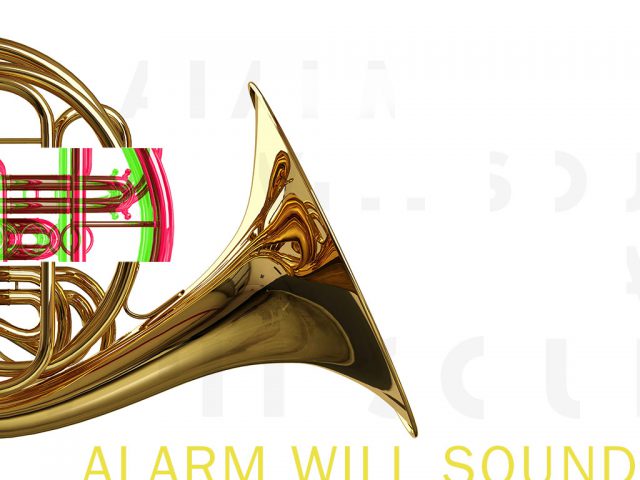
There’s an interesting Alex Ross article in this week’s on classical music’s migration to the cloud and what might be lost in the process. My transition to conducting off of a tablet has been part of a bigger digital-migration project this year, which has also involved transferring all of my CDs (liner notes included) to digital. With all of this finished, I’ve been enjoying the “gleaming, empty rooms” that Alex speaks of. Wide open space is a precious thing in a New York apartment, and the elimination of all those CDs racks has left our home feeling simpler and more open, with fewer dust-bunny havens, less clutter, and more wall space. Similarly to Alex, there are a few discs I’m too attached to to part with, such as the scratched-up-beyond-use recording of Tehillim that I ran out and bought after first hearing the piece in 1992. But for the most part, I’ve found that my attachment is to the music rather than the objects. And the music is actually much more accessible now than it was as discs on a shelf. I spend over a third of each year on the road, so I love being able to access music and liner notes from any country on any device. Search functionality means that I no longer have to pull my hair out trying to locate that one piece that I know I’ve got on some compilation album somewhere, or tracking down the disc that’s been misfiled among over a thousand others. And digital file sharing means no longer needing to track down or write off the disc I loaned to someone and then completely forgot about.
But I share Alex’s frustration with online music services being ill-suited for classical music. Few services have “composer” as well as “artist” fields. Google Music, which is where I do most of my listening, now has a “composer” field, but it’s not viewable from the mobile apps and isn’t searchable at all. And this far into the digital age, there really should be a better way of dealing with liner notes than manually scanning them in. I also share Alex’s concern about the impact of streaming services on independent artists. However, one needn’t retreat to the era of discs to deal with that: there’s a middle option here, which is to buy digital albums. There are many options for this, some of which (such as Bandcamp) give artists a higher share of the sale price than album sales generally do.

Despite these hangups, I’m enjoying life without all the “space-devouring, planet-harming plastic” that Alex speaks of. Though of course, listening to it all depends on all of my planet-harming metal, glass, and plastic gadgets. And heaven help me if the power goes out.


